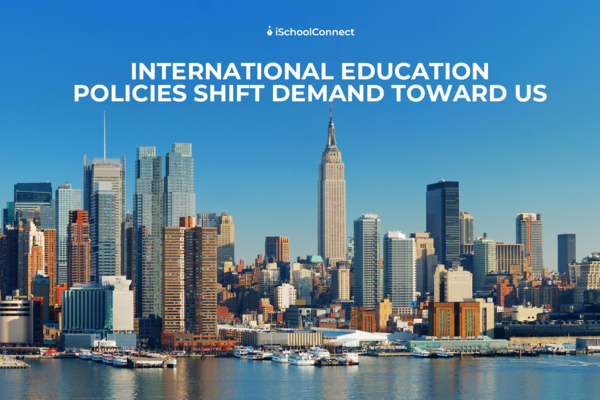Table of Contents
Rethinking study abroad plans
Recent research reveals that the introduction of new international education policies in Canada, Australia, and the UK is significantly influencing the choices of prospective students. This shift has led to a decline in interest in these countries, with the US emerging as a more attractive destination.
Survey insights
IDP’s “The Voice of the International Student” survey, conducted across 67 countries with 2,500 students in January 2024, indicates that students are reconsidering study plans due to restrictive policies. Nearly half of the respondents are unsure about studying in the UK (49%), Australia (47%), and Canada (43%).
The rise of the US
The Studyportals research supports the trend, highlighting a dramatic dip in demand for Canada, while interest in the US has surged in 2023. Italy and the Netherlands are gaining popularity, but the latter may face a decline due to Dutch universities’ intention to reduce international student numbers.

Policy impact on decision-making
Simon Emmett, CEO of IDP Connect, emphasizes that shifting policies affect students’ confidence in their study abroad decisions. The uncertainty stemming from changing regulations and restrictions in the UK, Canada, and Australia is prompting students to explore alternative destinations, with the US being the most favored.
Challenges for Canadian institutions
Studyportals data indicate a decline in student interest in Canada, particularly in British Columbia. Factors include a diplomatic rift with India, visa processing delays, and a perception that Canadian education is less prestigious than that in the UK or US. However, Canadian PhD programs seem to be unaffected, showing a steady increase in demand.
The evolving international education landscape calls for a strategic response from institutions affected by changing policies. As students seek certainty in their study plans, effective communication becomes crucial for countries like Canada, which face challenges but also opportunities in maintaining their appeal to a global audience. The impact of these shifts underscores the need for continuous adaptation in the competitive realm of international education.






